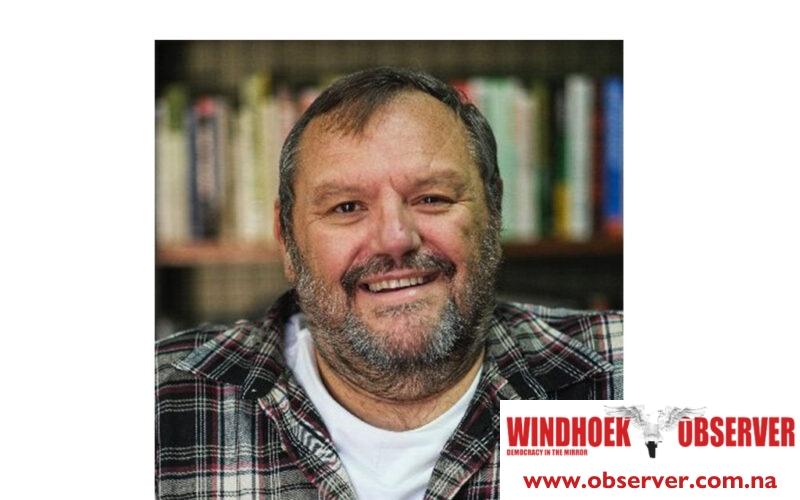Martin Endjala
Several experts have called for increased funding for media personnel covering the 2024 national elections due to financial constraints.
Christian Keulder, an independent researcher, said many media houses are grappling with the harsh reality of a lack of funds when covering news events across the country, with journalists resorting to only covering news in their immediate areas.
On Wednesday, FesMedia organised a panel discussion on the role of media in promoting democratic elections in Namibia, during which he shared this information.
Keulder is worried about the accuracy and coverage of the 2024 elections due to the circumstances he alluded to.
“Any business struggling financially has to implement measures to try and sustain their business. What then happens in most parts of their labour force? Is that it gets diminished, meaning senior journalists have either left or asked to go, which often leaves people with less experience?” he said.
According to him, this dynamic shift has resulted in many newsrooms employing junior journalists who have never covered an election.
Keulder emphasized the need to allocate resources to the media to ensure quality news coverage and to retain senior journalists.
To him, the absence of this has led to the media industry’s standard of reporting dropping in the country.
“The poor media output has affected public trust, and it is concentrated activities; news coverage is in Windhoek, and the coast is good, but when you go to other regions, it is non-existent. This is because individuals in media houses are struggling with income,” he stated.
According to Phillip Santos, a senior lecturer at NUST in the Faculty of Journalism and Technology, all journalists covering the elections should have access to resources.
“These should be resources that they need to cover elections both in Windhoek and outside, and we know that Namibia’s geographical demography is massive,” he said.
Santos said that collectively addressing all the constraints faced by the media would lead to quality news coverage.
Teachers Union of Namibia Secretary General, Mahongora Kavihuhua, argued that despite the constraints, journalists need to improve their skills.
He believes the current setup does not adequately provide well-written news with a research background, among other things.
“Journalists need to start putting more effort into their craft. Today, I did not read the newspapers, and I always make sure they’re delivered to my office, but this is because the content is just poorly done. This is why the public has lost trust. The media needs to pool up their socks,“ said Kavihuha.
Concerning funding, Kavihuha suggested that if the media is considered to be fulfilling a public role, he does not anticipate a problem with taxpayer money not supporting the media houses.
Shellygan Petersen, a seasoned journalist, argued that critics are welcome, as this will help to improve where necessary.
She said people cannot ignore the circumstances of the media houses in which many journalists operate and where they are required to produce good stories.
She further argued that a lack of resources persists and poor remunerations will impact journalists’ work.
She advised media houses to practice the code of conduct and commended journalists for their efforts in reporting facts while working with limited resources.
With the upcoming elections, Petersen explained that private-sector journalists will likely have to work long hours due to limited funds and a smaller workforce compared to state media houses, which have the luxury of having shifts.
Media Ombudsman John Nakuta advised journalists to regularly review the code of conduct when covering news, noting that some news coverage may reflect a biased agenda.
“The media must always remain impartial and verify facts before publishing them. The ethics and sensitivity of particular news should always be considered because it does not help a media house to publish a story only to find itself in legal battles. This defeats the purpose of reporting,” he cautioned.
The Media Ombudsman will next week launch its first report on the elections, following the launch of its monitoring of the elections in the media campaign last month.




